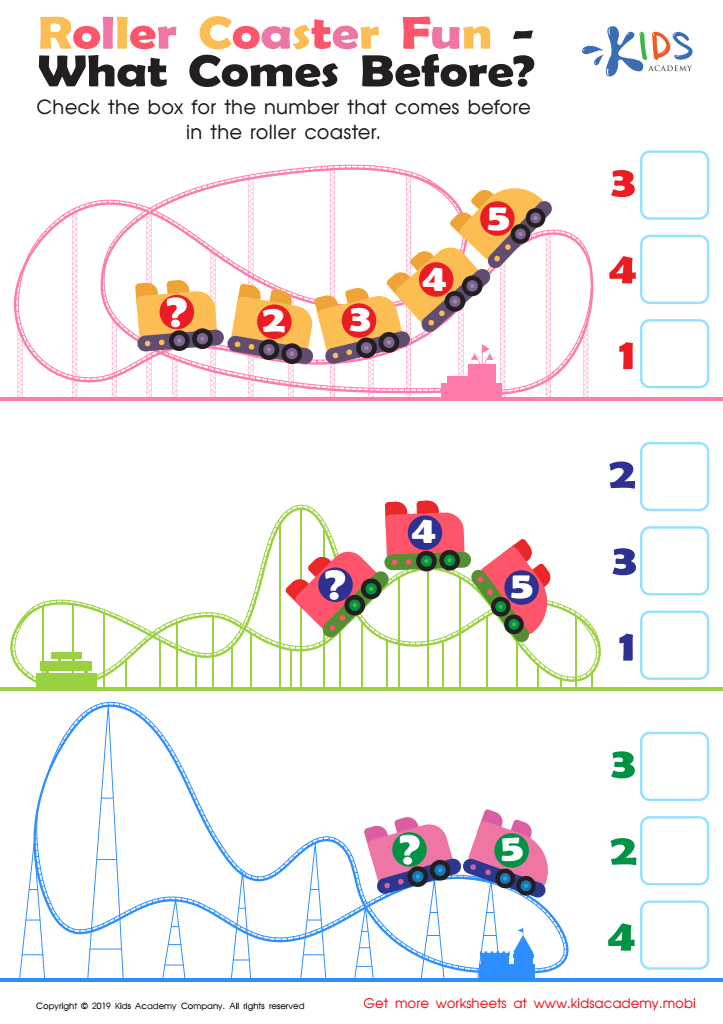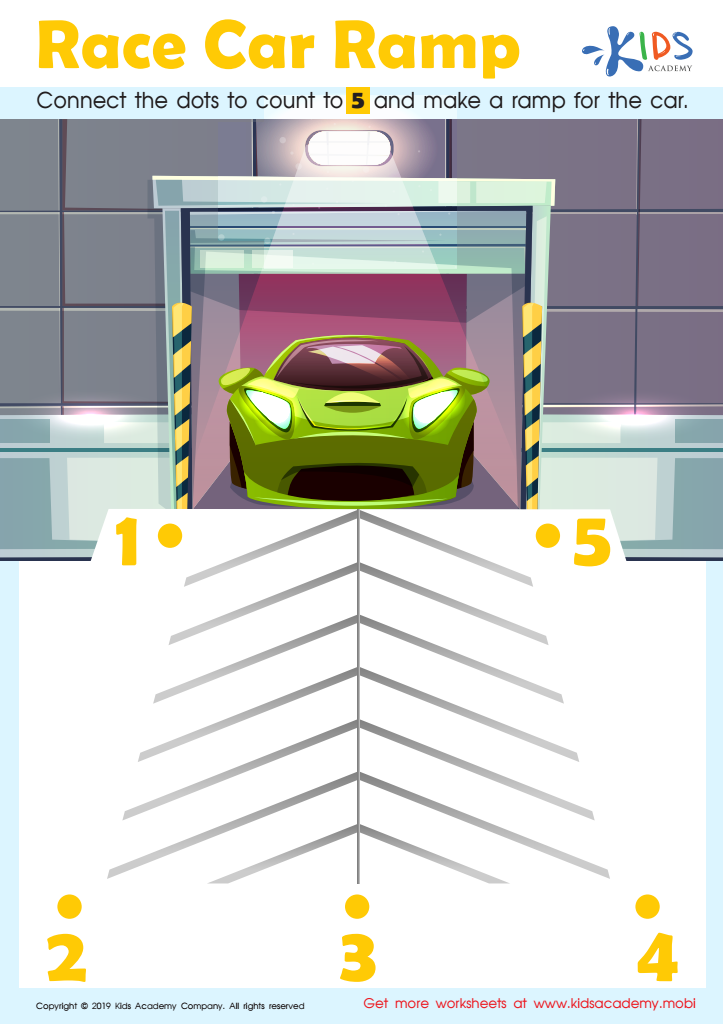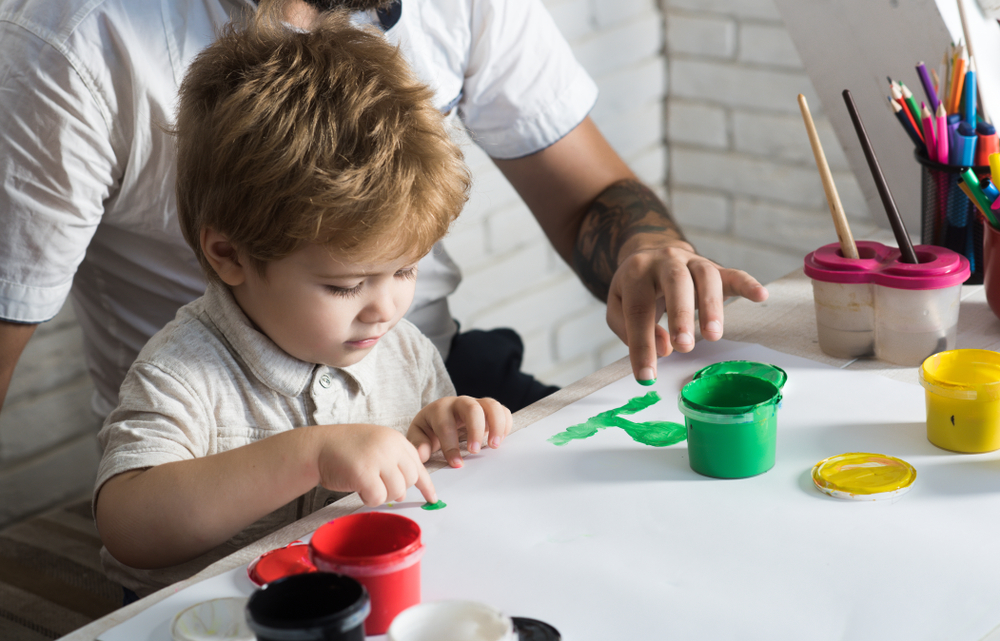Understanding gravity Math Worksheets for Ages 3-8
3 filtered results
-
From - To
Explore the fascinating world of gravity with our "Understanding Gravity Math Worksheets" designed specifically for children aged 3-8. These engaging worksheets combine fundamental math skills with captivating concepts of gravity, helping young learners develop critical thinking as they navigate through fun activities and illustrations. Perfect for early education, our resources encourage hands-on learning while introducing essential math concepts such as counting, addition, and measurement related to weight and balance. Ideal for both classroom settings and home practice, these worksheets provide a playful yet educational experience that nurtures a child's curiosity and eagerness to learn about the ground beneath their feet!


Roller Coaster Fun Worksheet


Race Car Ramp Worksheet
Understanding gravity math for children ages 3-8 is essential for several reasons. Firstly, at this age, children are in a critical stage of cognitive development. Introducing basic concepts of gravity through playful activities can nurture their natural curiosity and foster a love for science and math. Kids engage with the world around them by experiencing gravity when they drop objects or watch them roll, making it a highly relatable topic.
Moreover, gravity math activities can enhance foundational skills in mathematics, such as counting, measuring, and spatial awareness. These early experiences with visual and tactile learning encourage problem-solving abilities, essential for later, more complex math concepts. Integrating gravity into learning can promote discussions about cause and effect, further enhancing critical thinking skills.
Finally, teaching these concepts encourages collaboration and social interaction in group settings, fostering communication and teamwork skills. Math is foundational in numerous aspects of life, and understanding gravity can serve as a stepping stone towards a broader scientific literacy. By cultivating these interests and skills early on, parents and teachers are setting the groundwork for future success in academics and beyond, shaping well-rounded individuals capable of exploring and understanding their universe.
 Assign to My Students
Assign to My Students




















